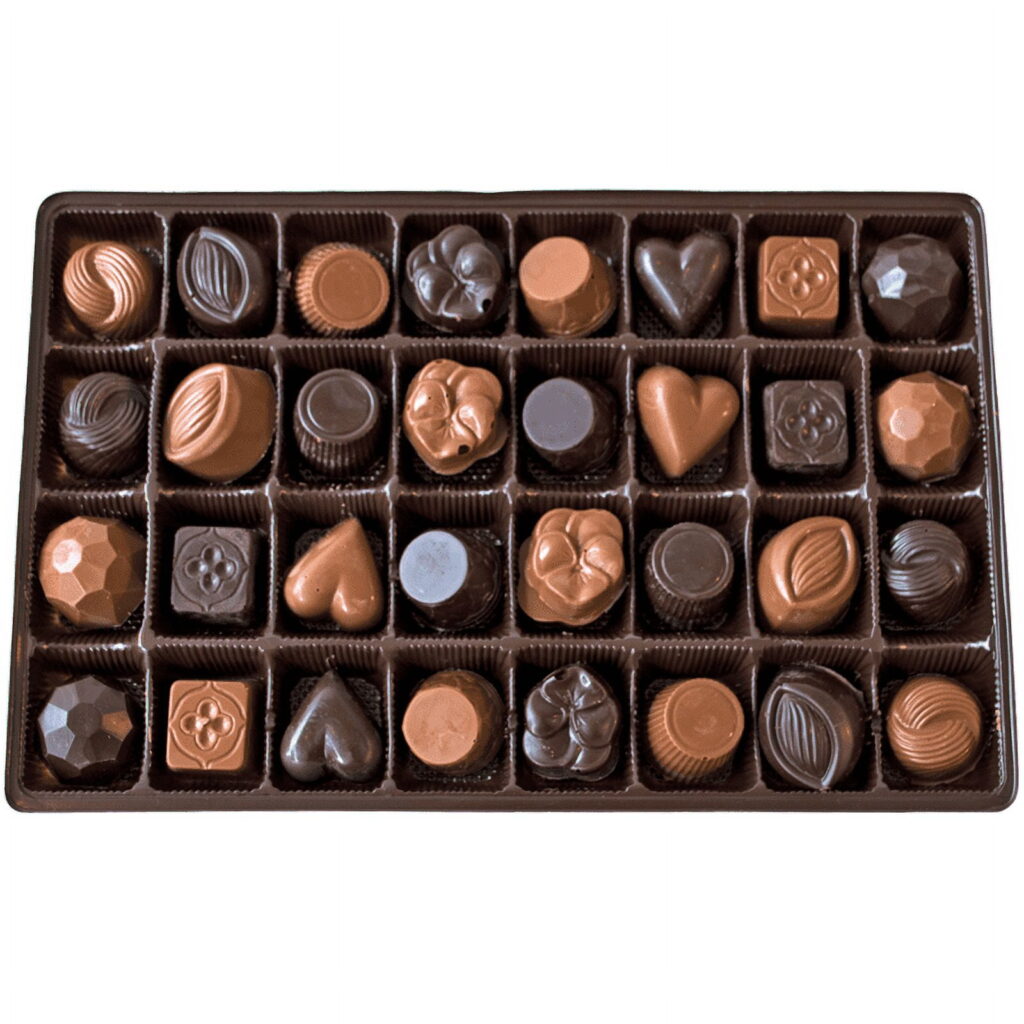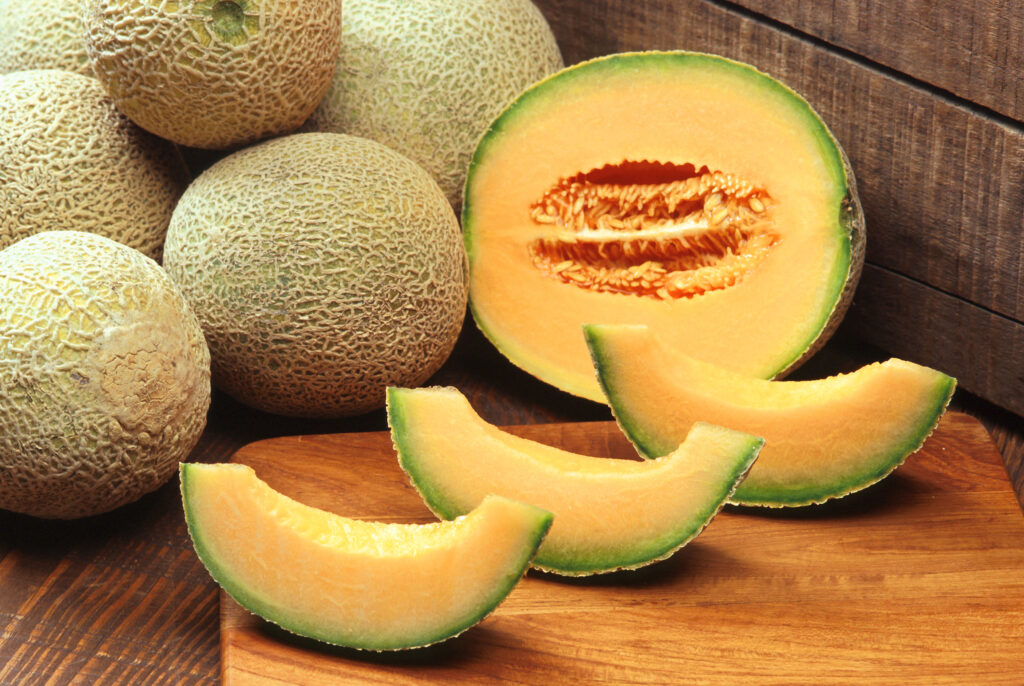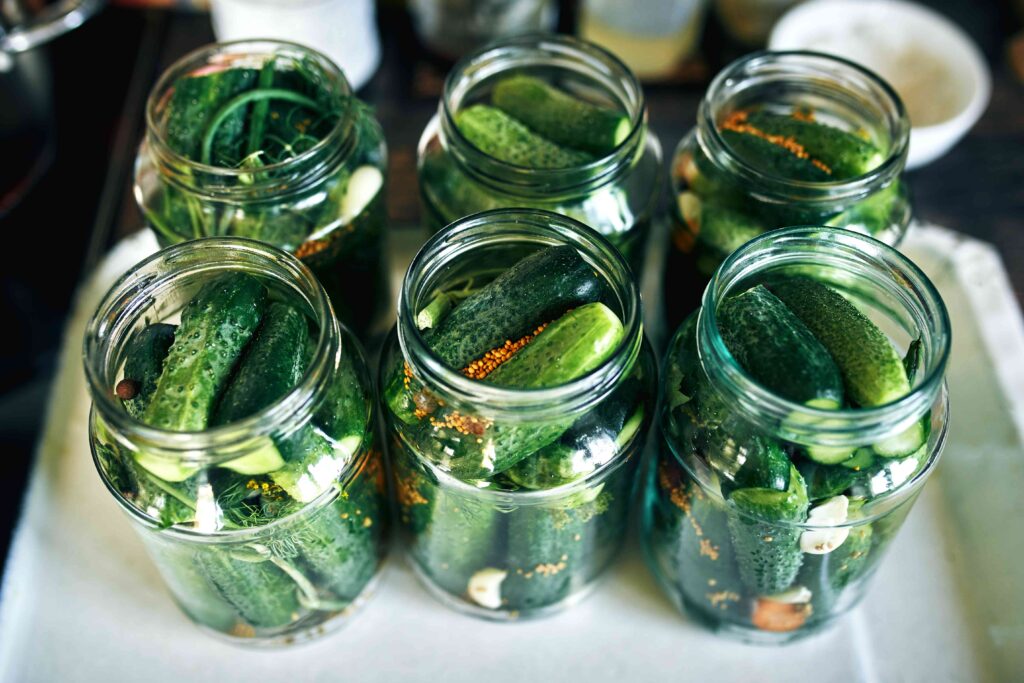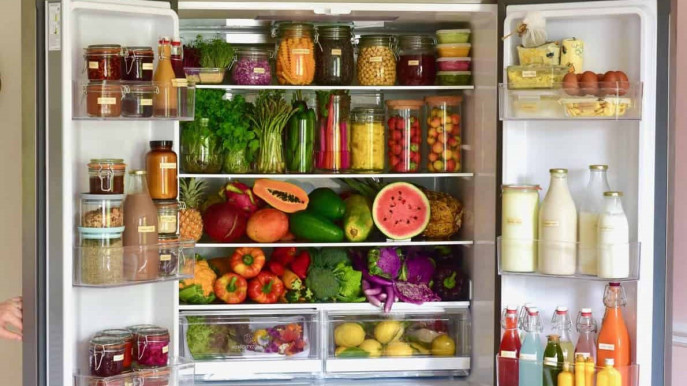When it comes to food storage, refrigeration is not always necessary. In fact, cold storage could even negatively influence the quality of certain foods.
Properly storing various meals is the basis to keep them taste their best. Before storing meals, review this supportful guide for insight into which food is not refrigerating and why.
Before storing a meal, remember to check the pack on instructions for particular details on where to place stuff in the fridge.
Table of Contents
Apples
Apples could stay delicious and fresh for up to two or a week on the counter. After that time line, storing them in the refrigerator so they remained ready to eat for a tiny longer time.
Avocados
When storing at room temperature, avocados are much more likely to ripe faster than when storing in the refrigerator.
Bananas

Bananas must be kept on the countertop, in your pantry or hang from the banana hook. This would support the bananas becoming ripe, and prevent the peel from browning as fast as possible.
Bell peppers
Bell peppers must be stored at room temperature. If you put them in the fridge, their exterior might not be as crunchy.
Berries
To support certains that berries staying fresh for long, storing outside of the fridge. Moisture build up might damage the fruit, so it’s good to keep them out of the fridge and not wash them until you are ready to eat them.
Bread
When stored in the fridge, bread could become stale. Instead, keep bread on the counter for the foremost 24 hours, then freeze it and apply a toaster to thaw before eating.
Chocolate

When left in the refrigerator, chocolate might have a dull flavor and be grainy. Instead, opting to store it in a dark, dry zone.
Coffee
Keep coffee beans and grounds out of the refrigerator and in an alternative location such as inside a sealed container in a pantry to support maintaining their flavor.
Cucumber
Avoid storing cucumbers in the refrigerator, which might cause them to develop pits in their skin and become watery. Instead, opting to place them in the air-tight container in the pantry or on the countertop.
Garlic
Storing garlic in the refrigerator could make the bulbs rubbery—instead, keep them in a dry, cool place like in a cupboard or cellar away from heat sources such as the cooktop.
Honey
Honey could turn lumpy and hard if it is placed in the refrigerator. To maintain its smoothened gooey drip, it’s awesome to leave honey at room temperature.
Hot sauce
Maintaining the robust heat of the peppers and flavor by keeping hot sauce out of the refrigerator and in the pantry, unless instructed otherwise on the package.
Melon

Permit whole melons to ripe outside of the refrigerator. (If sliced, however, melon chunks must be refrigerated.)
Nuts
Protect the flavor of nuts like almonds and cashews by stashing them in an airtight container outside of the refrigerator.
Olive oil
Olive oil could be hardened in the fridge. Ignore this by store in a cool, dark space in the kitchen.
Onions
Moisture in the refrigerator could cause onions to become moldy and soft. Instead, storing them in a cool, dry place away from potatoes.
Peanut butter
It could be kept spreadable and creamy at room temperature for up to 3 months—then you can place it in a fridge.
Pickles

Pickles are already preserved and could be safely kept in jars, permitting you to conserve space inside the fridge for other items. However, if you have store-bought pickles, follow up the package instructions for the fridge, if essential.
Potatoes
As the moisture of the fridge could make them sweet and gritty, potatoes are kept at room temperature in the paper bag.
Soy sauce
The fermentation procedure involved with soy sauce denotes you could store it in a cabinet for up to a year. Again, always following the instructions on the packaging as not every product is the same.
Tomatoes
Store tomatoes at room temperature outside of the fridge to protect their juiciness and flavor.
Vinegar
High acidity phase of vinegar making it ideal for store at room temperature.
While refrigeration is necessary for preserving the safety and freshness of numerous meals, certain foods could actually be influenced by being stored in the refrigerator. Here are certain examples of meals that are good kept out of the fridge: These are just a few examples of meals that are good kept out of the refrigerator to maintain their flavor and quality. It’s always a great idea to check particular storage recommendations for every kind of meal to ensure proper storage.
